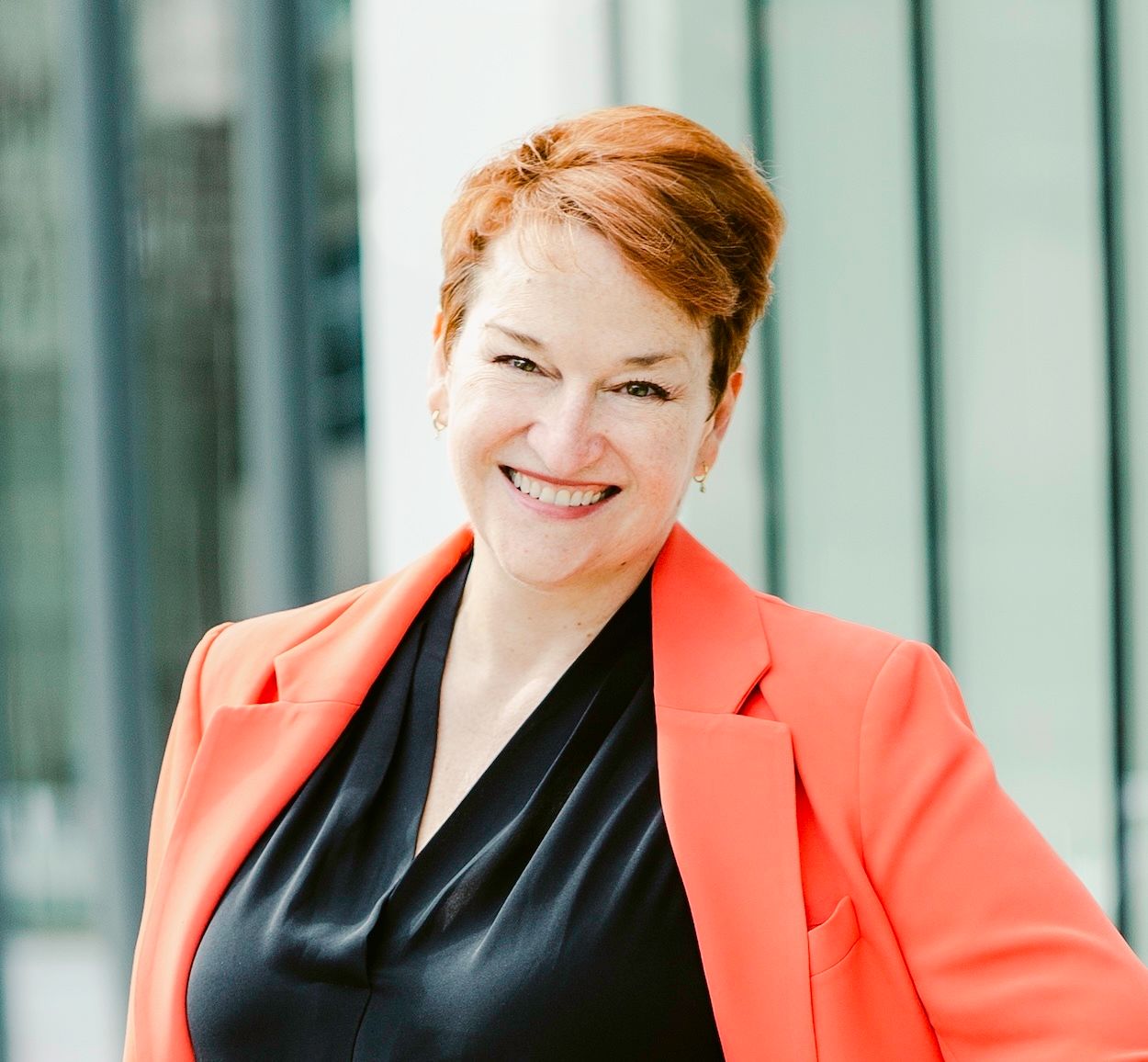
Suzanne Weller. | White Moth Studio photo
In her 20 years working in corporate America, Suzanne Weller saw the ups and downs of leadership. She learned from both.
Leadership as commonly practiced, she says, doesn’t always serve many people well. There’s a “more humane” way based around self-reflection and self-awareness.
Weller launched Seattle-based Weller Collaboration more than seven years ago, a company that focuses on coaching, communication and leadership development, with an emphasis on systemic change, or, as she likes to say, the three C’s: communication, connection and courage. Clients include Microsoft, Google, Amazon, Salesforce and Stanford University. She also hosts a podcast called The Courage Effect to spread “courageous emotions or behaviors.”
While self-awareness is a common theme in leadership consulting, Weller pushes it further.
“It’s not just about you,” says Weller, who describes herself as a “growth partner.” “People often work on themselves without thinking about the wake they create. But how we show up every day changes the whole environment. How do we cultivate a community beyond our immediate universe?”
At a recent Formidable event with numerous high-status female executives, Weller blended a mix of personal and professional that elicited several diverse responses. Many shared deep reflections in what felt less like a networking mixer and more like a protected space for truth-telling.
Networking, she notes, shouldn’t be transactional. Done right, it’s about community, reflection and even peer coaching. It’s deeper than simply swapping business cards to make a new contact.
“Sometimes it’s not even about networking. It’s about who you are, who are the people you can learn from, who you can bring into your world to challenge you in ways you didn’t expect,” she says. “We all have our own ways of coping and showing up, but I think when we obsess over compartmentalizing, we get so blocked. That’s a hard thing for people to come around to.”
Weller’s coaching clients include high-achieving, emotionally invested executives often on the brink of burnout. She describes a recent session with one leader who unraveled after a meeting went poorly. That executive spiraled into self-criticism and stress, so Weller focused on “having him get out of his own way” by helping him recalibrate, reflect and create an internal safe space to better relate to others.
She is now developing a keynote speech on “unintentional” toxic leadership, pushing audiences to examine often-subtle behaviors that contribute to unhealthy cultures.
“I don’t think the status quo is working for us anymore on many fronts,” she says. “We can create broader change for ourselves and in the world, as leaders, with how we show up for each other. It’s being vulnerable with people you don’t know very well.”
